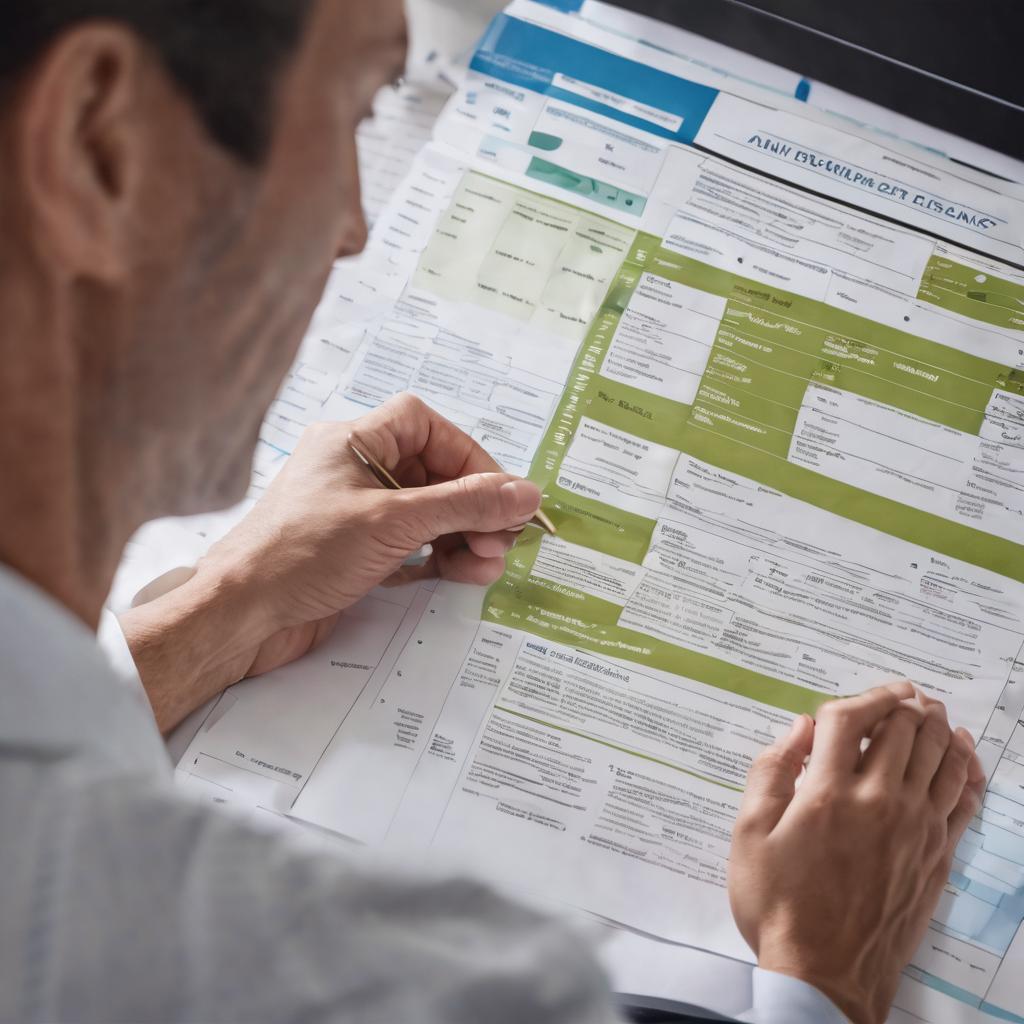The Importance of Regularly Reviewing and Updating Your Homeowners Insurance Policy

Contents
- 1 Introduction
- 2 Review your coverage.
- 3 Update your deductible.
- 4 Choose how much you want to keep in reserves.
- 5 Consider improvements and renovations you’ve made to the home’s structure and/or its contents.
- 6 You need to periodically review your home insurance policy to make sure it is covering you for all of the risks associated with owning a home.
- 7 Conclusion
Introduction
Homeowners insurance is the lifeblood of any homeowner, as it provides a layer of protection against financial loss and other risks associated with owning a home. Your insurance policy is guaranteed to cover damage to your home and its contents in the event of an accident or natural disaster. However, there’s more than just that coverage that you need to consider when reviewing your policy. You should also be looking into how much insurance coverage you have on each item within your house (such as jewelry), what risks are excluded from the policy (like floods), how much it would cost to rebuild after a fire destroyed everything inside your home, etc.
Review your coverage.
Reviewing your coverage can help you make sure that you’re protecting what matters most to you. It’s important to review your policy annually or whenever there is a significant change in the status of your home, family or personal belongings.
Some things to review include:
- Homeowner’s insurance (or HO-4) – The amount of coverage needed depends on several factors including location, age and value of the home. Coverage includes fire damage, water damage caused by bursting pipes or broken sprinkler systems as well as windstorms and earthquakes.
- Personal liability – If someone is injured on your property due to negligence on behalf of one of its occupants (such as having an improperly maintained swimming pool), this type of policy will cover their medical expenses up until $100K per person/$300K per occurrence limit without having them sue first! It also covers legal fees associated with defending yourself against those types lawsuits.”
Update your deductible.
You should also consider how much you want to pay out-of-pocket when filing a claim. The higher your deductible, the lower your monthly premium will be. But if there’s a major loss in your home that requires filing an insurance claim, having enough savings or cash on hand to cover this amount could be challenging.
It’s important to review and update your policy annually so that it continues to meet all of your needs–and remember that homeowners insurance isn’t just about covering property damage; it can also help protect you against liability claims from others who may have been injured on or around your property (e.g., guests who were hurt while visiting).
Choose how much you want to keep in reserves.
The insurance company recommends that you have at least $1,000 in your reserve account. Some homeowners choose to keep more money in their reserves, especially if they have a mortgage balance that is higher than the value of their home.
If you don’t have enough reserves and need to make a claim on your policy, it could affect how much coverage you receive or delay payments until additional funds are deposited into the account.
If there’s too much money in your reserve account, some insurers may charge an additional premium for this excess protection (or “excess premiums”).
Consider improvements and renovations you’ve made to the home’s structure and/or its contents.
If you’ve made any improvements to your home, consider the impact these could have on its value and risk profile. Improvements can include adding a swimming pool, installing a new floor, or adding a room. They can also include installing new appliances and electronics.
In some cases, these renovations may increase both the value and risk profile of your property–especially if they were done without considering how they might affect your insurance coverage (for example, installing an indoor hot tub).
You need to periodically review your home insurance policy to make sure it is covering you for all of the risks associated with owning a home.
You should review your insurance coverage at least once every three years, but more often if there are changes in your family situation or financial situation (for example, if you get married). The following are some things to look for when reviewing your coverage:
- Is my home properly insured? For example, does my policy include earthquake coverage? If not, then I may need to purchase additional coverage that covers earthquakes and other natural disasters.* How much will it cost me per month? Is this amount reasonable given how much value my property has.* What type of deductible do I have on each claim? Is there anything I can do about changing this amount so that it’s less expensive when making claims against my policy.* Are there any restrictions on making claims such as prior approval requirements before filing any lawsuits against others who may have caused damage during an accident involving their vehicle striking mine while parked outside my house overnight after coming back late from work one evening after having spent hours trying unsuccessfully trying unsuccessfully trying unsuccessfully trying unsuccessfully trying unsuccessfully trying unsuccessfully trying unsuccessfully trying unsuccessfully tryin
Conclusion
As you can see, there are many factors to consider when reviewing your homeowners insurance policy. It’s important that you understand what is covered by your policy and how much risk you want to take on before making any changes. The good news is that most policies offer the option of increasing or decreasing coverage levels over time as circumstances change–and this flexibility makes it easy for homeowners to stay protected at all times!








